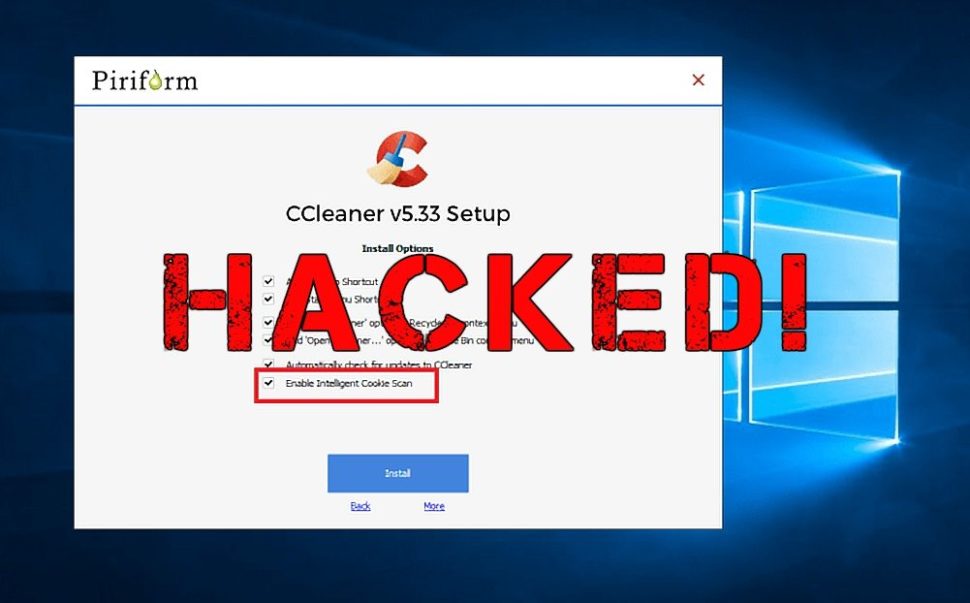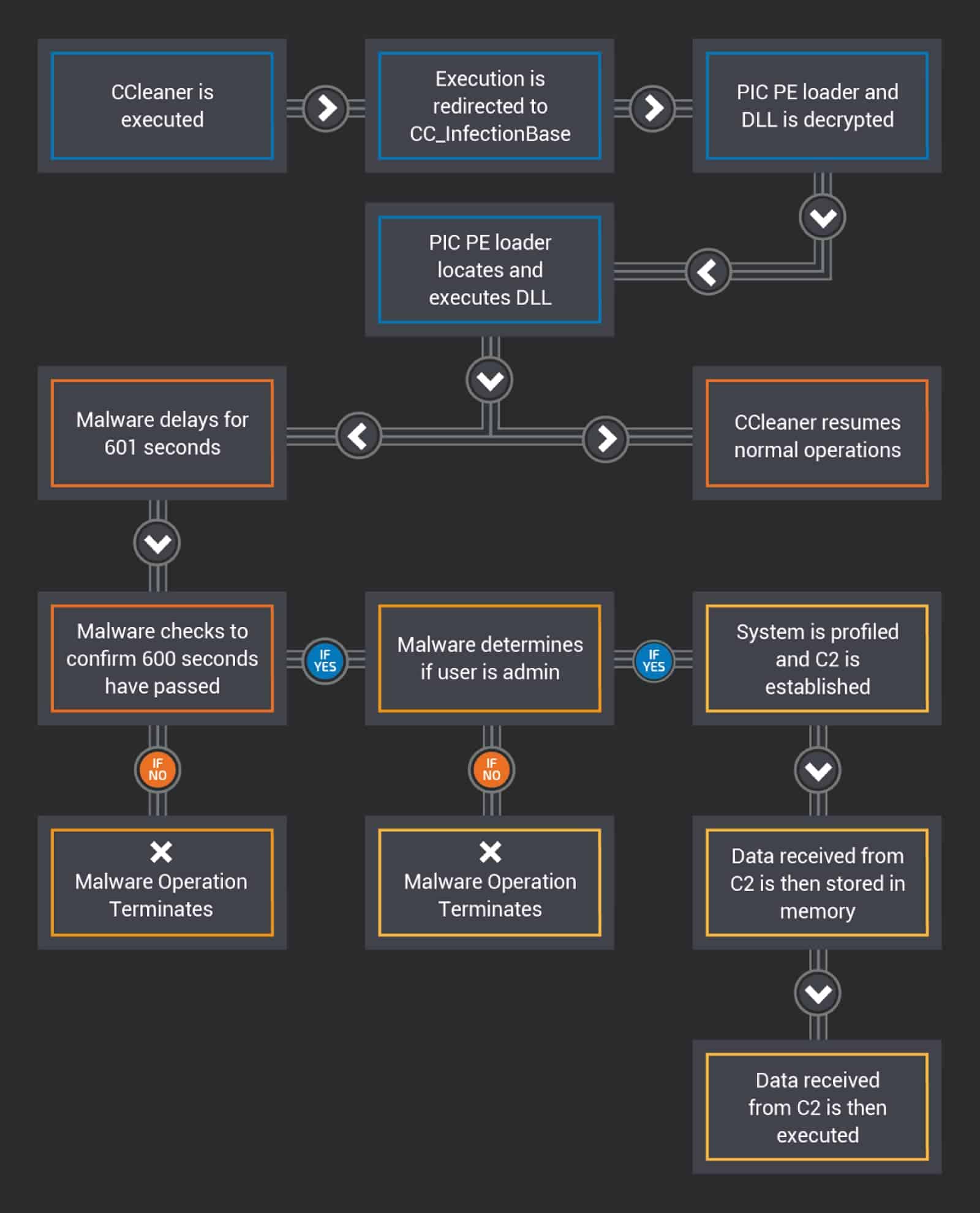
But enough about the "dead leech on the back of Defender". Just like Malwarebytes (hello seven/eight/ten forums shills, hello r/Windows10 idiots, rip bleepingcomputer) - another obsolete product that has no reason to exist for the past couple years since any AV has great malware protection, including Defender. Emphasize on multiple so-called independent av comparatives (that have been rating the trifecta avast AVG McAfee with top scores for years, and that even Microsoft was forced to "contribute" starting mid-last year to wash-off the bad name).īecause they have run off market and then cannibalized any competing solutions they could (oops AVG, but many do not know that both were the heads of the same Czech hydra, and the "unification" happened a long time before it got official few years back, and there are many others that were bought). On the whole, they very well may be, but incidents like this demonstrate that no one, not even a security vendor, can afford to take the topic lightly.Because they have provided incentives to all "tech experts" sites for years. For better or worse, we tend to view such companies as intrinsically better at self-security than other firms.
#CCLEANER MALWARE INFO SOFTWARE#
A security product is the last place people expect to find a compromised software version, both because of the nature of the program and the fact that a security vendor is responsible for writing and maintaining it. Without more to go on, it’s impossible to assign blame for the incident, but the hackers probably made off pretty well. We want to thank the Avast Threat Labs for their help and assistance with this analysis.”
#CCLEANER MALWARE INFO CODE#
The company describes the malware as a “two-stage backdoor capable of running code received from a remote IP address on affected systems.” Piriform notes that as of this writing, “we don’t want to speculate how the unauthorized code appeared in the CCleaner software, where the attack originated from, how long it was being prepared and who stood behind it. ”ĬCleaner is owned by Avast, the antivirus company, and has already issued a public apology and statement on the incident.

Ideally this certificate should be revoked and untrusted moving forward. Troublingly, the malware was digitally signed with an appropriate digital certificate Talos wrote, “the presence of a valid digital signature on the malicious CCleaner binary may be indicative of a larger issue that resulted in portions of the development or signing process being compromised. From August 15 to September 12, the 5.33 version of CCleaner was infected by a malware payload. CCleaner is a popular utility, with an average of five million downloads per week (over two billion downloads cumulatively). Talos Intelligence has published a blog post detailing its research and findings, and they aren’t great.
#CCLEANER MALWARE INFO UPDATE#
CCleaner Cloud users should have gotten an update already, but if you use CCleaner and don’t have automatic updates enabled, it would be a good idea to check the situation now. The infected payload affects two CCleaner products - CCleaner v and CCleaner Cloud v.

Worse, the company distributed infected versions of its products for nearly a month before realizing the problem. CCleaner, the temporary file cleaner and registry optimizer of generally dubious utility in this day and age, has been flagged as containing malware.


 0 kommentar(er)
0 kommentar(er)
